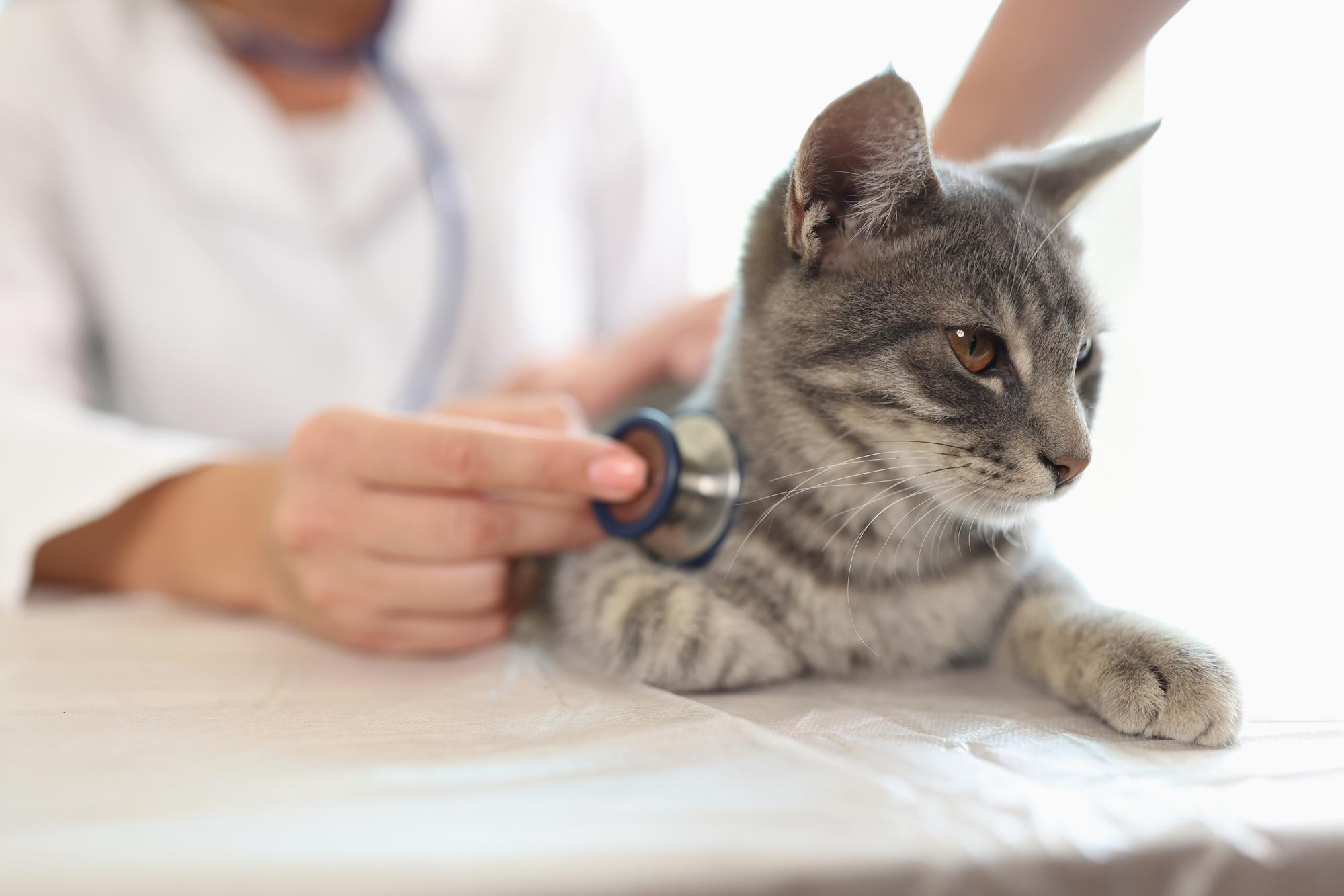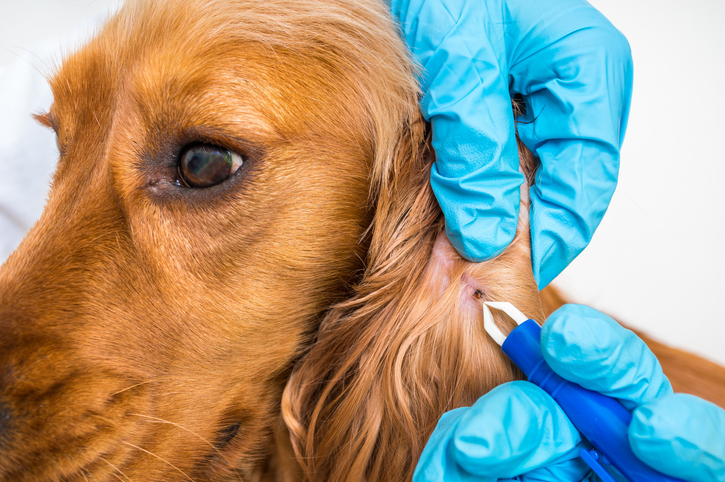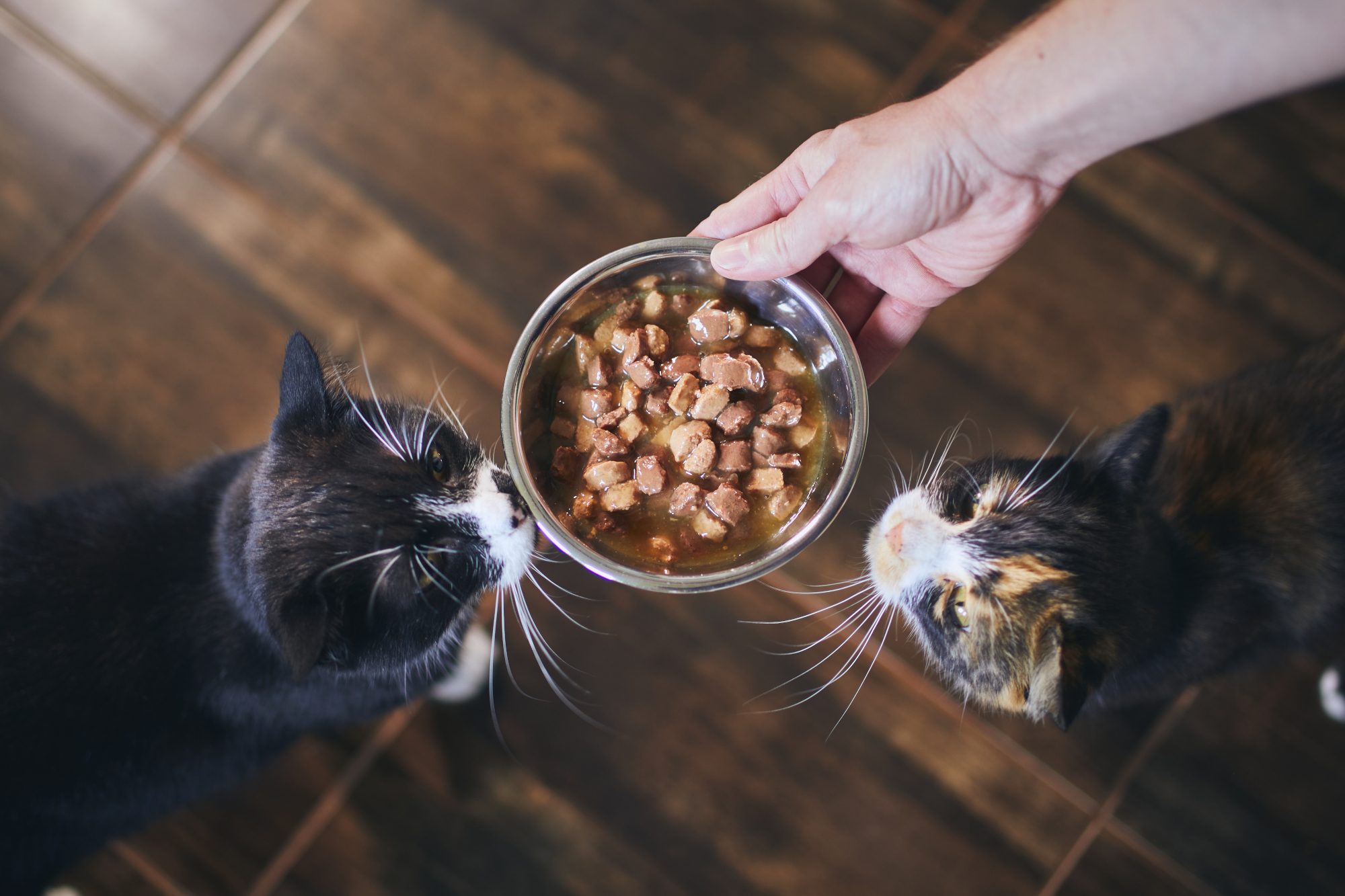If you own a cat, you naturally want to ensure they’re as happy and healthy as possible. This means spending lots of time playing with them, feeding them a nourishing, healthy diet, and taking them to the vet in case you ever notice a potential health concern.
Often the initial appointment is only part of the equation. A recheck examination is essentially a follow-up appointment, giving your vet the chance to check in a second (or third) time with your cat to see how they’re doing after the initial visit.
In this second part of our 2-part series of guides, we’ll go over the main benefits of recheck exams for cats and explain why they’re such a worthwhile investment in your pet’s well-being.
Did you miss out on reading part 1, which covers the importance of recheck exams for your dog? Click here if you’d like to read more.
Ensure Your Cat is Actually Getting Better
If you brought your cat in for treatment for an acute issue (for instance, coughing or diarrhea), your vet will have examined them, diagnosed the problem, and provided treatment to help. This treatment may involve prescribing medication, switching food varieties, changing something in your routine or home, or any other number of things.
Of course, you’ll be keeping an eye on your cat after this appointment to see if there’s any change in their symptoms. Not all acute conditions require a recheck; however, some medical conditions will require that your cat is brought back to the vet for a recheck exam, it’s possible that the problem isn’t actually solved, and has just become harder to notice.
By taking your cat in for a recheck exam, your vet can follow up on the initial treatment, determine whether it’s effective, and confirm that the issue is going away or is completely resolved. If not, they’ll be able to take another look, provide new prescriptions or recommendations, and adjust their approach to treating the problem. Without a recheck exam, this may not be possible.
Reinforce Your Relationship with Your Vet
As with humans, continuity of care is invaluable when providing medical aid to our pets. You’ll naturally receive better care when you see the same doctor over time rather than explaining your situation to a new person each time. This is exactly the same for your cat.
Booking and keeping a recheck appointment gives your vet the opportunity to get to know your cat’s health situation over time. It also helps build trust and rapport with the vet, not only with you as the cat’s owner but also between the vet and your cat. This means your cat will be more comfortable at their appointments, making it easier for your vet to provide the necessary treatment.
Additionally, when you know and trust your veterinarian, you’ll feel more comfortable asking questions, get new recommendations for at-home care, and ensure that you’re doing everything you can to care for your cat.
Check In On Long-Term Health Concerns
Besides acute, or temporary, issues, many cats face chronic or longer-term health concerns that need to be addressed. It’s essential that you take your cat in for recheck exams if they’re dealing with long-term issues like diabetes, chronic kidney disease, inflamed bowels, or arthritis, etc.
As a pet owner, it’s sometimes difficult to know whether your cat’s surgical incisions are healing properly. There are health issues, both chronic and acute, that are impossible to monitor at home. Physical examination findings such as listening to the heart and chest, blood pressure levels, palpation of the abdomen, checking blood levels of the kidneys, liver, etc. are vital, thus making the recheck examination a crucial part of care for your cat. The only way to ensure treatment for these longer-term health issues is to take them back to your veterinarian for a recheck exam, giving them the opportunity to check on the treatment process and make changes as necessary.
Save Time and Money
Recheck exams help keep your pet safe. Did you know that they also save you time and money? Unfortunately, it’s very common to see pet owners seek care for an issue that wouldn’t have developed if their pet had a recheck examination. This means taking more time out of your busy schedule to go to the vet; not to mention the added expense of paying for one or more visits.
Prevent Health Issues from Worsening
Speaking in broader terms, a veterinary recheck helps you make sure your cat isn’t suffering unnecessarily. While it can be a strain for some to pay for an additional vet visit, it’s nothing compared to the discomfort that your cat might be silently enduring. Cats are renowned for their ability to hide discomfort, meaning that it’s often very hard for their owners to tell when something is wrong (or if an issue is getting better).
Oftentimes, the only way to be certain is with in-depth veterinary exams, testing, and other specialized measures. A recheck exam does more than provide continuity of care—it helps to keep your cat safe, healthy, and happy.
Get Tips from Your Vet
Finally, a recheck examination is a great opportunity for cat owners to ask for help. Whether you’re concerned about the brand of food you’ve been using, you’re wondering how best to get your cat to take their medicine, or you’re simply looking for tips to encourage your cat to get more exercise, these visits provide the perfect moment to get tips, guidance, and wisdom from your local veterinarian.
Creative Commons Attribution: Permission is granted to repost this article in its entirety with credit to Hastings Veterinary Hospital and a clickable link back to this page.






